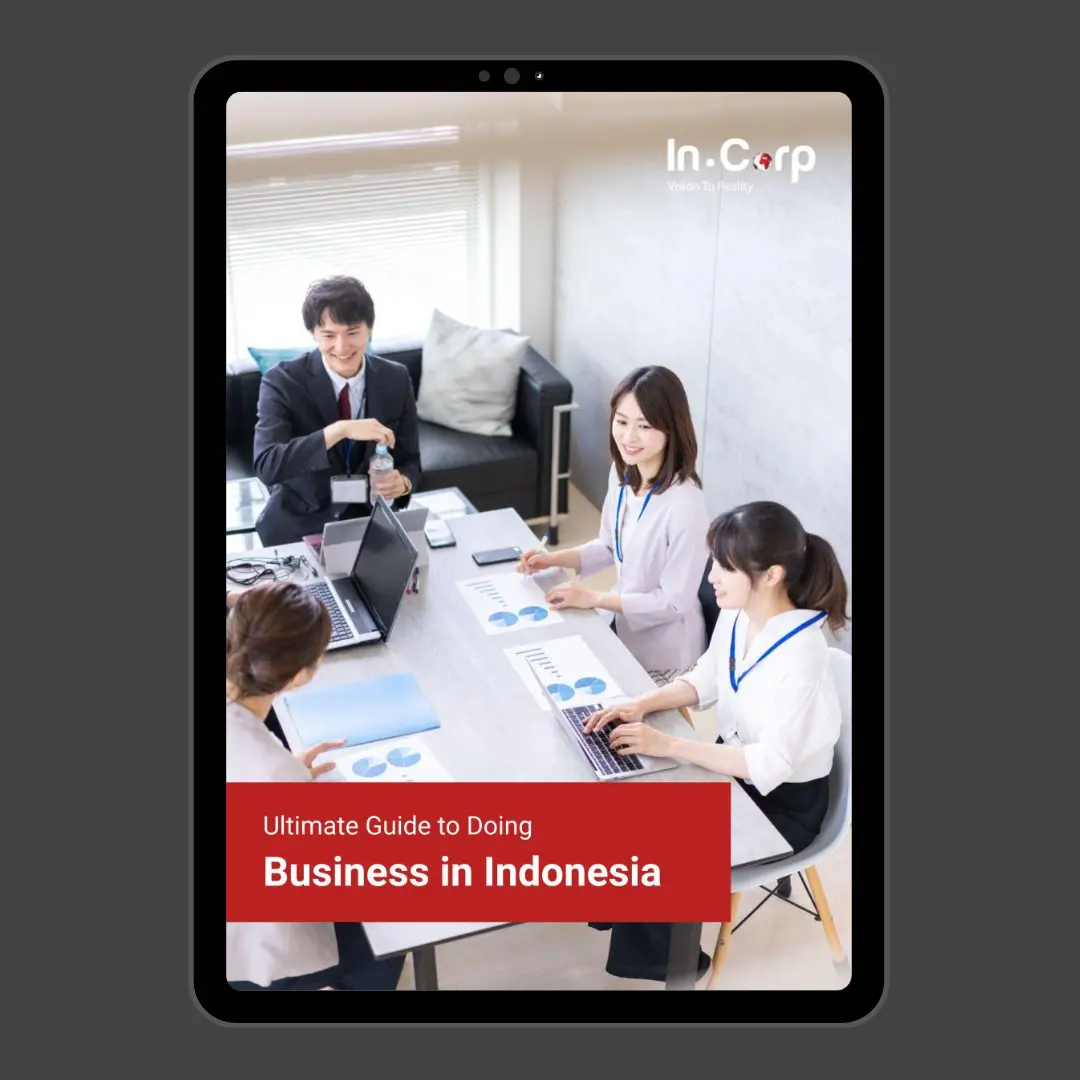Bringing goods into Indonesia can be a complex process with many rules and financial factors to consider. This guide is here to help you understand the basics of import duties and taxes so you can make informed decisions and avoid unnecessary costs.
With this knowledge, you can make importing goods into Indonesia smoother and more affordable.
Indonesia’s import duty and tax regulations
Effective January 30, 2020, Indonesia’s Finance Ministerial Regulation (PMK) No.199/2019 has amended import duties to reduce the maximum value for tax-free imported goods.
The import tax-free threshold has significantly decreased from USD 75 to USD 3 per recipient and shipment. Under the revised regulations, all taxable imported goods in Indonesia now incur a 7.5% import duty and a 10% value-added tax.
This represents a notable decrease from the previous 10% income tax, value-added tax, and import duty. Consequently, importers are now required to pay only 17.5% for taxable items, a decrease of 9.5% from the previous 27%
Types of customs duties and import taxes in Indonesia

In Indonesia, people pay different taxes when importing goods from other countries. These taxes are called customs duties, and they serve different purposes. Essentially, they allow the government to regulate and control the flow of goods into the country while generating revenue.
1. Import duty (Bea masuk)
This duty is levied on imported goods and is calculated as a percentage of their customs value, which includes:
- Cost
- Insurance
- Freight (CIF value)
2. Value-added tax (VAT or PPN)
Indonesia imposes a value-added tax on imported goods at a standard rate of 11% of the CIF value. Certain essential goods and services may attract lower or zero-rated VAT.
3. Luxury goods sales Tax (PPnBM)
PPnBM is a luxury goods sales tax that, depending on the item imported, ranges from 10% to 95% of the CIF value.
Import tariffs in Indonesia
Indonesia uses a system to classify imported goods based on their type and origin, which helps regulate international trade. This system includes many different parts and rules that are important to follow.
| Components | Description |
| Harmonized Commodity Description and Coding System (H.S. Code) | The H.S. Code forms the cornerstone of Indonesia’s import tariff classification, harmonizing and categorizing products for international trade. |
| Most-Favoured Nation (MFN) Tariff | The tariff applies uniformly to all countries without preferential trade agreements. It ensures fair treatment for all trading partners and prevents discrimination in tariff rates. |
| Preferential Tariff | Indonesia has engaged in various preferential trade agreements with different countries and regions, each featuring its Preferential Tariff rates. These agreements offer specific trade benefits, such as reduced or eliminated tariffs, fostering economic cooperation, and strengthening diplomatic ties. |
| Pre-entry Classification (Classification Ruling) | Pre-entry classification involves securing a classification ruling from the customs authority before importing specific goods. |
Batam’s free trade zone
PMK 199/2019 is effective nationwide in Indonesia; however, its application in Batam, a free trade zone, introduces a unique nuance. Within Batam, all imported goods are granted exemption from import taxes and Indonesian import duties until 2023.
This exemption, however, is conditional on the goods remaining within Batam and not subsequently being distributed to other regions in Indonesia.
Read more: Policies and prospects in Special Economic Zones in Indonesia
Prohibited goods for import in Indonesia
Certain items are prohibited (banned) or restricted (subject to specific conditions) regarding import and/or export activities in Indonesia.
Prohibited
- Narcotic drugs and psychotropic substances
- Pornographic and obscene material
- Counterfeit and pirated goods infringe on legally enforceable intellectual property rights.
- Antiquities
- Aero models (e.g., remote-controlled toy helicopters) operate on high radio bandwidths to prevent interference with security agencies’ communication networks.
- Indonesia coins are covered by the Antiquities and Art Treasures Act of 1972
- Maps and literature showing Indonesia incorrectly
- Chemicals listed in Schedule 1 to the Chemical Weapons Convention of the United Nations 1993
- Some wildlife products prohibited for trade include human skeletons, specific sea shells, beef, animal grease, fat/oil, exotic birds (with a few exceptions), wild animals, live birds, and animal parts.
Restricted
- Firearms and ammunition
- Live birds and animals, including pets
- Plants and their produce (e.g., fruits, seeds)
- Plants and animals that are endangered (alive or dead)
- Goods for commercial purposes (for profit, gain, or commercial usage)
- Radio transmitters are not approved for normal usage
- Gold and silver (for import only), other than ornaments
- Currency exceeding prescribed limits
- Telephone and telephony equipment of restricted frequencies
- Medicines and drugs
- Certain animals like camels, horses, cattle
- Semi-processed hides and skins
- Silkworms, silkworm seeds, and cocoons
- Family planning devices (NOC from the Ministry of Health required)
- Vintage products, replicas of antiques or weapons
- Sand and soil
- Whole human blood plasma and certain products derived from human blood
Sandalwood (except handicraft products and oil)
Customs clearance procedure in Indonesia
Once your products arrive in Indonesia, they will go through a process where customs authorities will assign them to one of three different customs zones.
| Channel | Description | Duration |
| Green Channel | Your products are good to go | One day |
| Yellow Channel | Some additional documents are needed* | 2–3 days |
| Red Channel | Physical inspection is required* | Up to 7 days, may require re-import |
| * May include storage costs | ||
How to calculate the total cost of imports in Indonesia
For a precise breakdown of your import costs, use these formulas:
- Total IDR value: (Total USD value + CIF) * IDR exchange rate
- Import duty: IDR value * Import duty percentage
- VAT: (IDR value + Import duty) * 10%
- Income tax (optional): (IDR value + Import duty) * Income tax percentage
Guide to Doing Business in Jakarta

Start importing with InCorp Indonesia
Simplify import complexities with InCorp Indonesia, your trusted advisor for navigating Indonesia’s import taxes. Our skilled team and successful track record ensure a smooth process. Discover how we can assist with:
- Fast-track import license acquisition: Save time and resources with our streamlined approach.
- Reliable importer of record services: Focus on your core business while we handle the import formalities.
Unlock seamless imports and peace of mind by clicking the button below.
Get in touch with us.
What you'll get
A prompt response to your inquiry
Knowledge for doing business from local experts
Ongoing support for your business
Disclaimer
The information is provided by PT. Cekindo Business International (“InCorp Indonesia/ we”) for general purpose only and we make no representations or warranties of any kind.
We do not act as an authorized government or non-government provider for official documents and services, which is issued by the Government of the Republic of Indonesia or its appointed officials. We do not promote any official government document or services of the Government of the Republic of Indonesia, including but not limited to, business identifiers, health and welfare assistance programs and benefits, unclaimed tax rebate, electronic travel visa and authorization, passports in this website.



